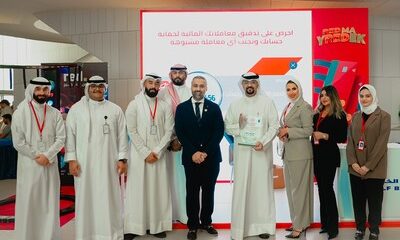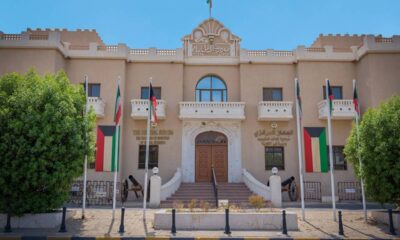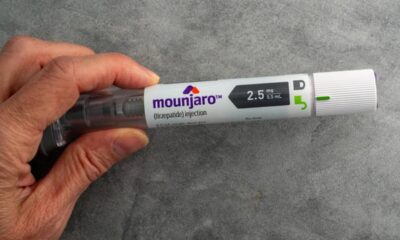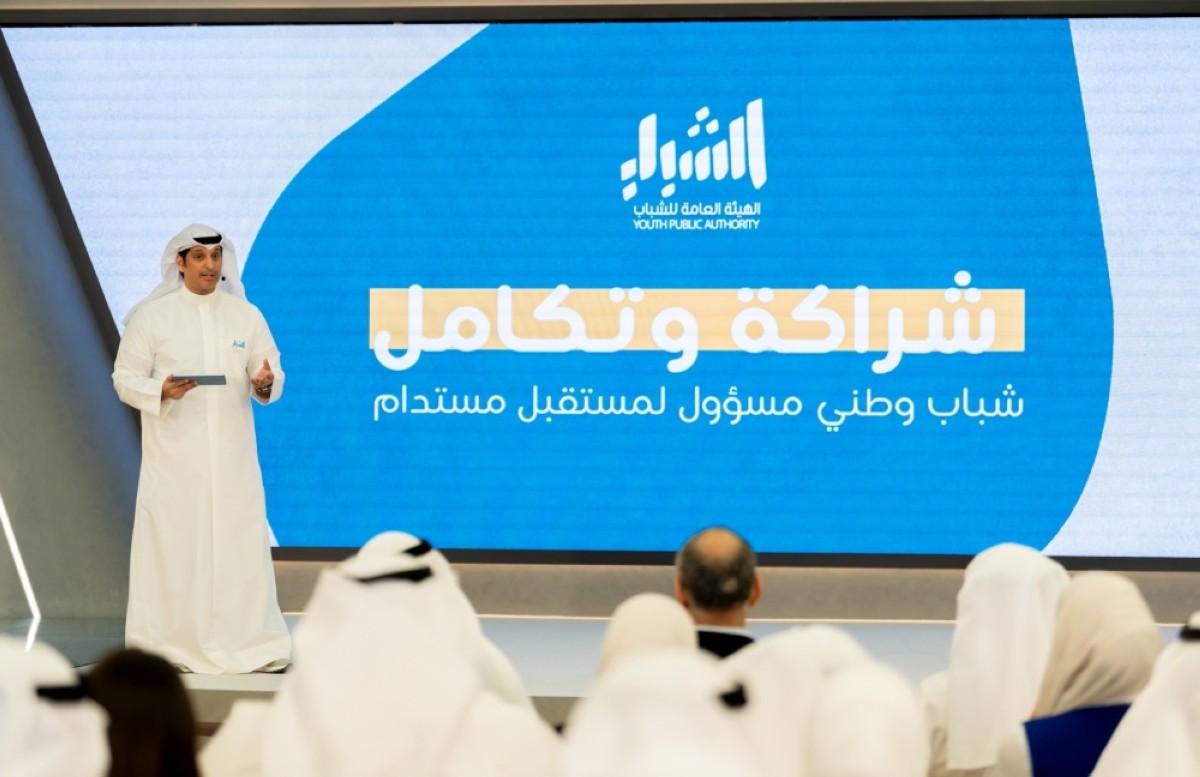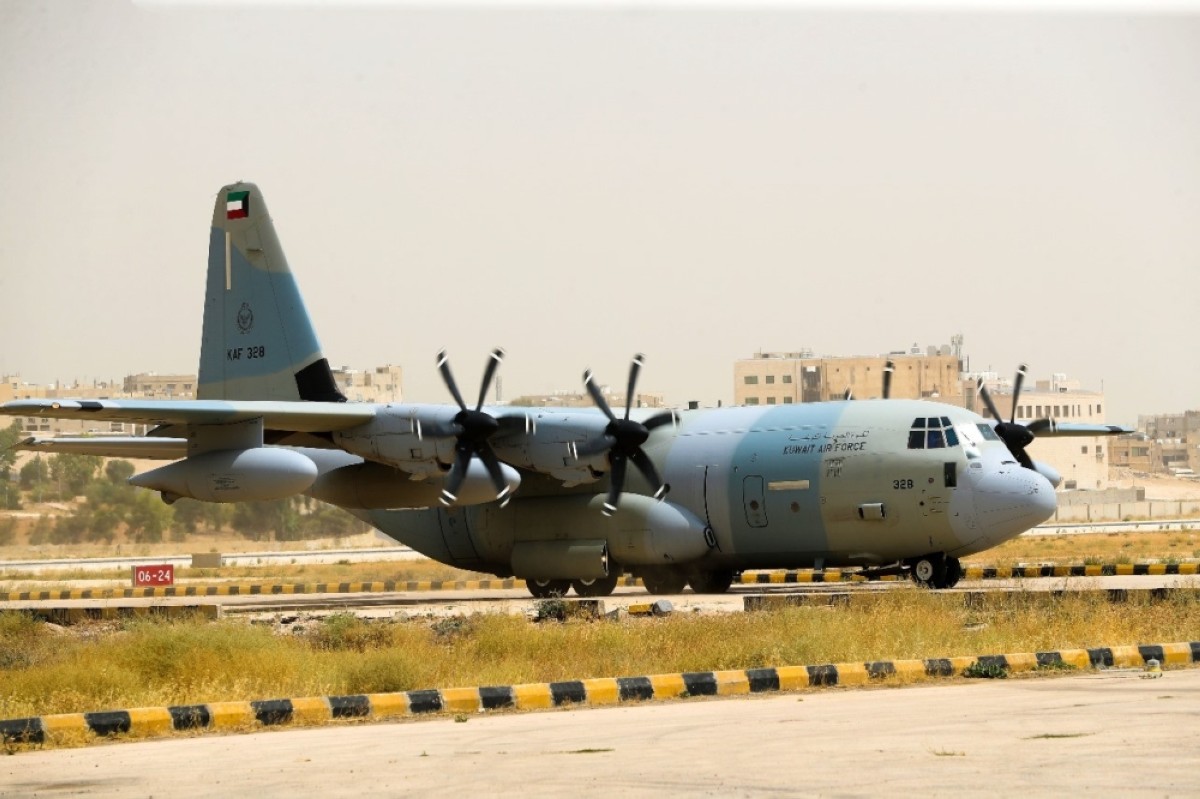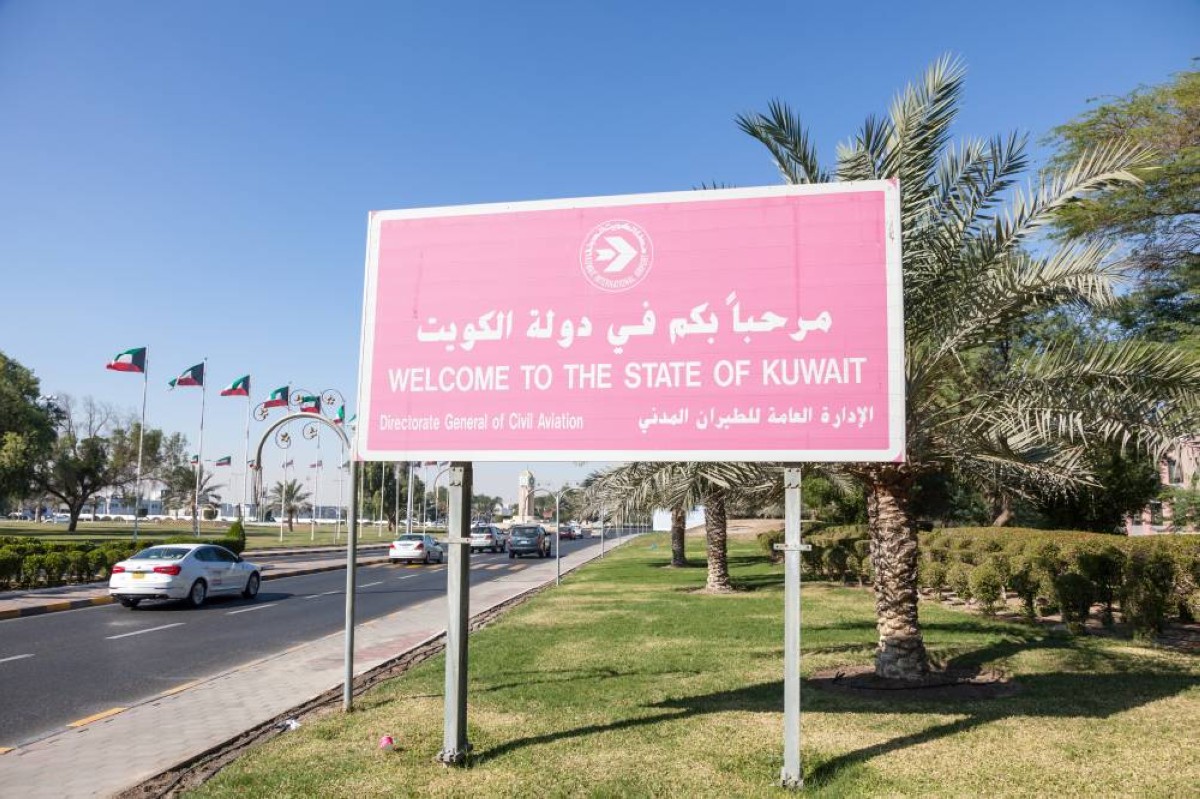KUWAIT: All expatriates living in Kuwait can bring their extended families on a visit visa to Kuwait as the salary requirement has been abolished, a top interior ministry official has said, as Kuwait eases restrictions for foreign visitors and tourists. The validity of the family visas however remains just one month, Director of Electronic Services at the Department of Residency Affairs Col Abdulaziz Al-Kandari told state-run Kuwait Television late on Monday.
According to new regulations, family visas have also been extended to include up to fourth-degree relatives and third-degree relatives through marriage, he said. In the past, family visas were limited to almost only spouses and children in addition to parents. Col Kandari said that family and other types of visas can now be obtained through online application at the newly-established Kuwaitvisa platform and application. Kandari said that if the application is complete, the visa will be issued within just five minutes.
In addition, Kuwait has also abolished the requirement that visitors to Kuwait must use Kuwaiti carriers, either Kuwait Airways or Al-Jazeera Airways. “All types of visitors can now come by sea, land or air using any carrier” Kandari said. The official said that four types of visas are issued on Kuwaitvisa platform or application; tourist, family, business and governmental.
As for tourist visas, Kandari said visitors are divided into four categories. The first covers nationals of 53 mostly Western countries based on the strength of their passport and income.
These countries include about 41 European countries including Turkey, eight Asian nations; Japan, Brunei, Singapore, Hong Kong, South Korea, Laos, Cambodia and Malaysia. In addition to the USA, Canada, Australia and New Zealand. Nationals of those countries are issued all types of tourist visas on arrival and online through the platform, said Kandari, who advised applicants to apply online to avoid negative security screening which could result in turning them back. This category needs to fulfill no condition.
The second categories include foreign residents of the Gulf Cooperation Council (GCC) states, those who have valid residency permits in the United States, Canada, Britain and those who have the Schengen visa to Europe. As for the second category, they must hold “medium to high professions” but they are not required to submit a salary certificate or a bank account, Kandari stressed, although a decision by the interior minister issued on Sunday removed the profession requirement.
However, to avoid disappointment, applicants should apply online by uploading their passport copy, a personal picture, a confirmed air ticket and a hotel reservation. Members of these two categories can apply for a single entry visa valid for one month, two months and three months or a multiple entry visa for three months, six months and one year provided that each single stay does not exceed one month, Col Kandari said.
He said that the third category, which covers people not included in the first two categories, is currently under consideration, adding that members of this group must produce a bank account to prove they are financially capable. The fourth category includes people who can visit Kuwait to attend certain sports and entertainment events who can apply at the time of the event, he said. As for business visas, any local company can apply to bring any foreign business partner or visitor, he said. Col Kandari said fees on visas depend on each nationality.

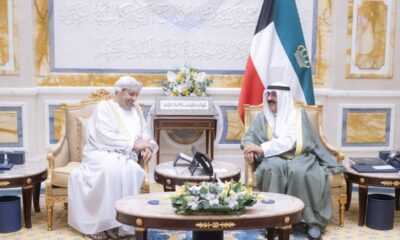
 Latest News22 hours ago
Latest News22 hours ago
 Business5 hours ago
Business5 hours ago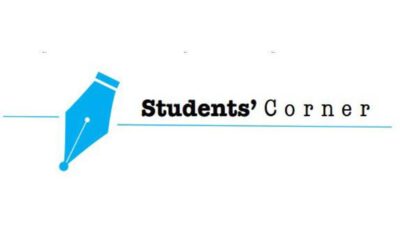
 Latest News18 hours ago
Latest News18 hours ago
 Politics7 hours ago
Politics7 hours ago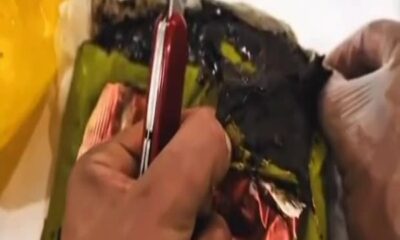
 Politics15 hours ago
Politics15 hours ago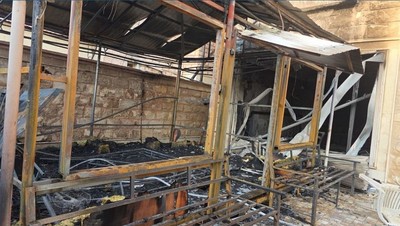
 Politics14 hours ago
Politics14 hours ago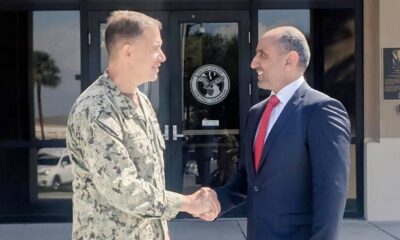
 Latest News12 hours ago
Latest News12 hours ago
 Latest News8 hours ago
Latest News8 hours ago


